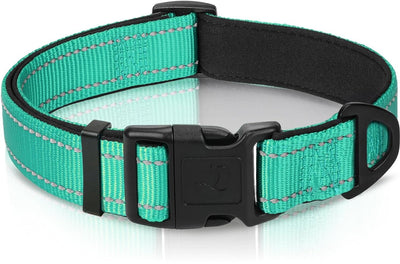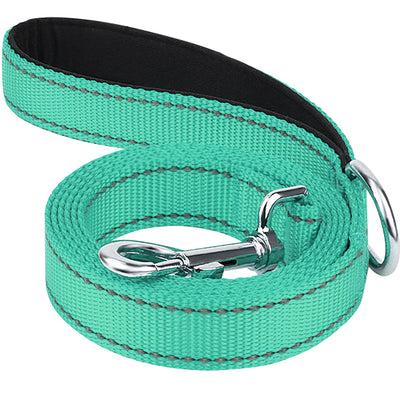As a responsible dog owner, you want to make sure your furry friend is getting all the necessary nutrients for optimal health. Sometimes, however, even the best diet may not provide all the nutrients your dog needs. That's where supplements come in. But before you start incorporating supplements into your dog's diet, there are several important factors to consider.
Safety
First and foremost, the safety of your dog should be your top priority. Some supplements can be harmful or even toxic to dogs, so it's important to consult with your veterinarian before giving your dog any supplements. Certain supplements can interact with medications your dog may be taking or exacerbate existing health conditions. Your vet can help you determine which supplements are safe and appropriate for your dog.
Quality
Not all supplements are created equal. Look for supplements that have been independently tested and certified by a third-party organization, such as the National Animal Supplement Council (NASC). This ensures that the supplements are of high quality, contain the ingredients listed on the label, and do not contain harmful contaminants.
Dosage
It's important to give your dog the correct dosage of supplements to avoid potential health risks. Too much of certain vitamins and minerals can be harmful to your dog's health. On the other hand, giving too little of a supplement may not provide any benefits. Always follow the recommended dosage instructions on the supplement label or as prescribed by your veterinarian.
Types of Supplements
There are a variety of supplements that can benefit your dog's health. Some common types of supplements include:
-
Multivitamins: These supplements contain a variety of vitamins and minerals that may be lacking in your dog's diet.
-
Joint supplements: These supplements contain ingredients such as glucosamine and chondroitin that may help improve joint health and mobility in dogs with arthritis or other joint problems.
-
Omega-3 fatty acids: These supplements, typically derived from fish oil, can help improve skin and coat health, reduce inflammation, and support brain and eye health.
-
Probiotics: These supplements contain beneficial bacteria that can help improve digestive health and boost the immune system.
-
Herbal supplements: These supplements contain herbs such as chamomile, ginger, and valerian that may help reduce anxiety, promote relaxation, and improve sleep.
In conclusion, incorporating supplements into your dog's diet can provide numerous health benefits, but it's important to do so safely and responsibly. Consult with your veterinarian, choose high-quality supplements, follow dosage instructions, and consider the specific needs of your dog when selecting supplements. With the right approach, supplements can be a valuable addition to your dog's overall health and wellness plan.






